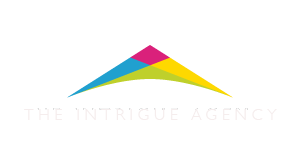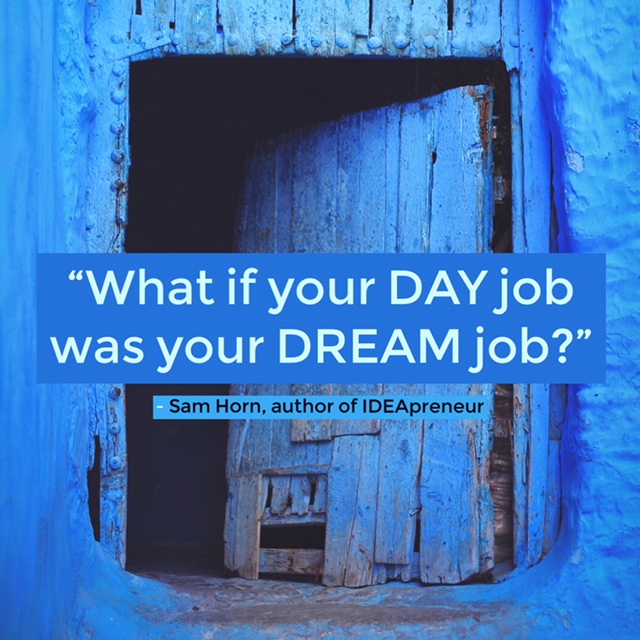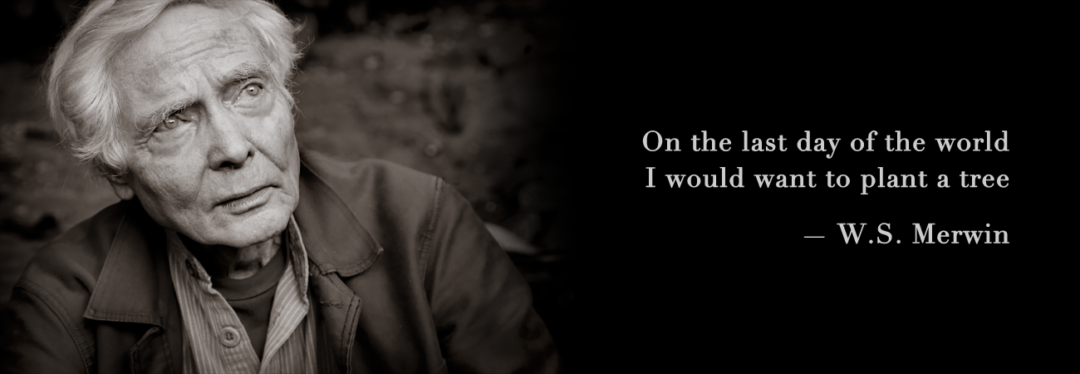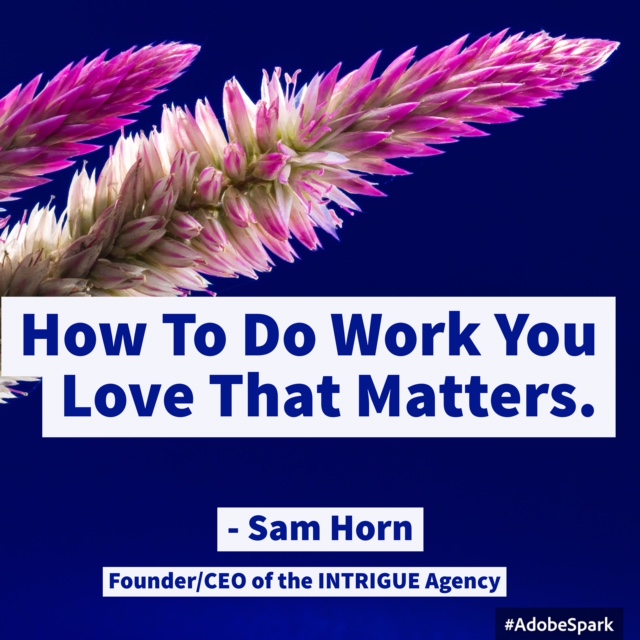I was telling a colleague that bringing our whole self to work isn’t a fantasy; it can be a reality. She wasn't too sure about this and asked, “How so?” "I don’t think we have to silo our passion and profession. We can blend our work and recreation so we have the best of both worlds and our day job becomes our dream job.
She still wasn't too sure about this. She asked, What’s an example?”
“I will always remember a woman who took my workshop at San Francisco State University. We were discussing how our life-work satisfaction is directly proportionate to whether we feel our contributions at work are being rewarded and recognized. It’s hard to like our job if we feel our skills, talents and efforts are going unnoticed and unappreciated.
A twenty-something woman raised her hand and said, “I’m in trouble then because I’m really unhappy at work. I work for a law firm downtown. I’m one of twenty paralegals. We work sixty hours a week but we’re mostly anonymous. I don’t even think my boss knows my name. He probably wouldn’t recognize me if he ran into me on the street.”
“Okay, time to get proactive. Congresswoman Barbara Jordan said, ‘Anyone who waits for recognition is criminally naïve.’ It’s time to take responsibility to raise your profile at work.”
“I agree with that. I just don't know how to do it."
“The way to enjoy and look forward to your work is to ask yourself:
* What is a talent, skill or hobby I’m good at?
* What is something I enjoy doing? (Please note: it doesn’t have to be work-related)
* What would I do more of if I had the time, energy and resources?
* What did I used to do for fun that put the light on in my eyes?”
She thought about it for a moment and then said, “Well, I was Student Body President at my high school. I loved being in charge of activities, so I guess I’m good at organizing events.”
“Okay. Combine that with something you enjoy. What do you like doing in your free time?”
“Well, I used to enjoy reading books, but I don't have time for that anymore.”
“Bingo. Why don’t you host a monthly book club at your firm? Is there an empty conference room you could use at noon? Keep it to a half hour and make it BYOL (Bring Your Own Lunch) so even the busiest staffers can attend. If you focus on business books, your company will see this as a win for them and will be more likely to approve it.”
She loved the idea. Several months later, she got back in touch to report in.
"Work has turned into my own private Cheers – everyone knows my name. When I proposed this to my boss, he asked what books we would be reading. I followed your suggestion and had selected business classics like Dale Carnegie’s How to Win Friends and Influence People, Stephen Covey’s 7 Habits of Highly Effective People and Deborah Tannen’s Talking from 9 to 5.
“Not only did he approve the program, he said our law firm had a budget for professional development and offered to purchase up to 30 books a month for book club attendees.
Four employees showed up for our first meeting. I wondered if it was going to succeed. But everyone promised to bring a coworker next time. They did more than that; they brought two and three. Now, we max out the conference room every month.”
“Kudos to you for initiating this and for proving we can bring our whole self to work."
She said, “It gets better. My boss called me in to his office. I was afraid it was to cancel the program, but it was just the opposite. He gave me a promotion and said, 'We need more self-starters around here. You demonstrated that you’re a natural leader who can create a community and add value to our work culture. You earned this.'
Best of all, I feel like I’m my old self again. I’m organizing activities people really enjoy and I get to use my event-planning skills. Who knows where it will lead?”
Good for her.
How about you? Would you like to look forward to going to work?
Would you like to boost your professional confidence and create a higher profile so your talents, efforts and contributions at work get noticed and appreciated?
Ask yourself, “What am I good at that I enjoy ? What did I used to do that put the light on in my eyes? What do I wish I could do more of? How could I initiate that at work?”
For example, maybe you used to walk but don’t have time for it anymore. Maybe you could propose to your office manager that you lead a walking group at lunch. There are probably co-workers who would welcome the opportunity to get outside for a walk-talk (after all, sitting is the new cigarette smoking). Plus, it will boost morale and create a workplace camaraderie where employees get to know each other beyond their job descriptions.
Furthermore, you’ll be taking your career satisfaction and success into your own hands.
Don’t just think about this. DO IT.
This time next year you could enjoy your job and look forward going to work – all because you initiated on your behalf and turned your day job into your dream job.
- - -
Sam Horn, CEO of the Intrigue Agency, is on a mission to help people create a quality life-work that adds value for all involved. Her TEDx talk and books Tongue Fu!, IDEApreneur and Washington Post bestseller Got Your Attention? have been featured in NY Times and presented to YPO, Boeing, Intel, NASA, Cisco, Capital One, Nationwide. Want Sam to share her inspiring keynote with your group? Contact Cheri@IntrigueAgency.com.



